‘The potential of LPC-DHA as a dietary supplement is exciting’
Researchers from Singapore have identified a potential dietary supplement that may improve recovery following acute kidney injury. The finding, published in the Journal of Lipid Research, comes from a long-running research program at Duke–NUS Medical School investigating how cells take up a specialised omega-3 lipid called LPC-DHA.
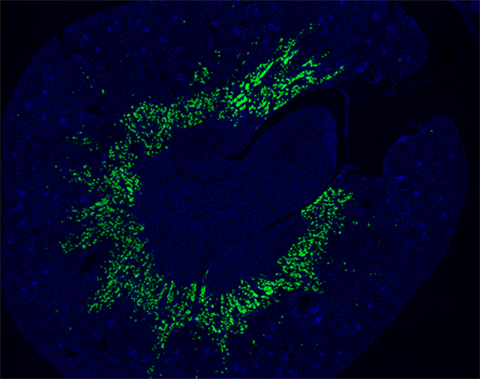
A major public health concern, AKI affects an estimated 13.3 million people globally each year and has a mortality rate of 20% to 50%, depending on the economic status of the country and stage of the disease. One of the main causes of AKI is ischemic reperfusion injury, which occurs when the kidney’s blood supply is restored after a period of restricted blood flow and poor oxygen delivery due to illness, injury or surgical intervention. In particular, it damages a crucial part of the kidney called the S3 proximal tubules that regulate the levels of absorption of water and soluble substances, including salts.
“AKI is a serious health problem with limited treatment options,” said Randy Loke, first author of the study and an M.D.-Ph.D. student with the Duke–NUS Cardiovascular & Metabolic Disorders Programme. “We sought to understand how these tubules repair themselves and found that the activity of the protein Mfsd2a, which transports LPC-DHA into cells, is a key factor influencing the rate of recovery of kidney function after ischemic reperfusion injury.”
In their study, the researchers discovered that preclinical models with reduced levels of Mfsd2a showed delayed recovery, increased damage and inflammation after kidney injury. However, when these models were treated with LPC-DHA, their kidney function improved and the damage was reduced. LPC-DHA also restored the structure of the S3 proximal tubules, helping them function properly again.
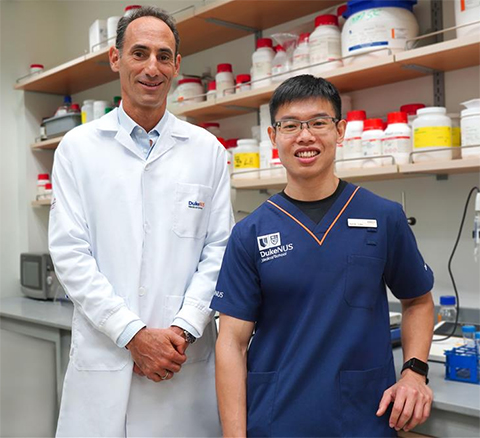
“While more research is needed, the potential of LPC-DHA as a dietary supplement is exciting for future recipients who have suffered from AKI,” said David Silver, the senior author of the study and deputy director of the CVMD Programme. “As our results suggest that LPC-DHA could become a safe and effective treatment that offers lifelong protection, its potential can help protect the kidneys and aid in recovery for these individuals.”
In the next phase, the research team plans to continue investigating the beneficial functions of LPC in the kidney and are aiming to initiate clinical testing of LPC supplements to determine their effectiveness in improving renal function and recovery following AKI in patients.
They also plan to continue their investigations of the protein Mfsd2a to learn more about its role in LPC transport and its involvement in diseases affecting other tissues and organs. Previous research by Silver’s group, with collaborators from other institutions, has already highlighted the significance of the protein’s LPC-transporting activities in diseases of other organs, including the liver, lungs and brain.
This article was first published by the Duke–NUS Medical School in Singapore. Read the original.
Enjoy reading ASBMB Today?
Become a member to receive the print edition four times a year and the digital edition monthly.
Learn moreGet the latest from ASBMB Today
Enter your email address, and we’ll send you a weekly email with recent articles, interviews and more.
Latest in Science
Science highlights or most popular articles
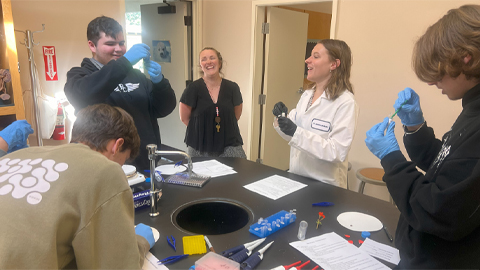
Using DNA barcodes to capture local biodiversity
Undergraduate at the University of California, Santa Barbara, leads citizen science initiative to engage the public in DNA barcoding to catalog local biodiversity, fostering community involvement in science.
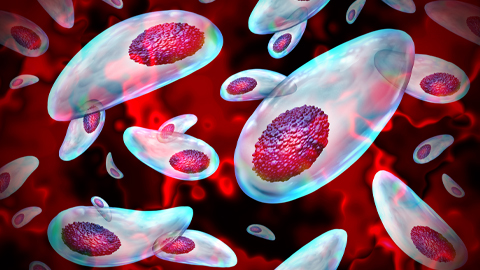
Targeting Toxoplasma parasites and their protein accomplices
Researchers identify that a Toxoplasma gondii enzyme drives parasite's survival. Read more about this recent study from the Journal of Lipid Research.
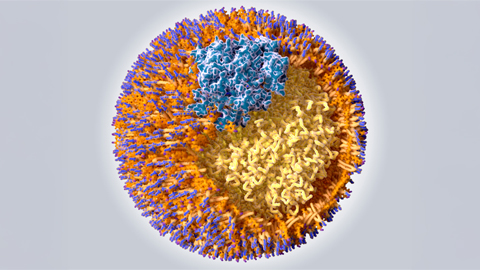
Scavenger protein receptor aids the transport of lipoproteins
Scientists elucidated how two major splice variants of scavenger receptors affect cellular localization in endothelial cells. Read more about this recent study from the Journal of Lipid Research.
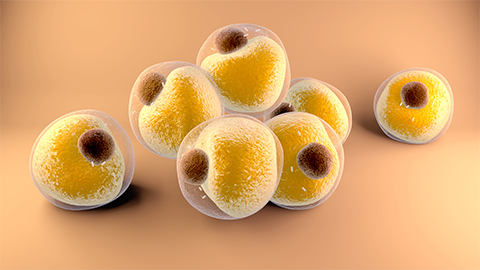
Fat cells are a culprit in osteoporosis
Scientists reveal that lipid transfer from bone marrow adipocytes to osteoblasts impairs bone formation by downregulating osteogenic proteins and inducing ferroptosis. Read more about this recent study from the Journal of Lipid Research.

Unraveling oncogenesis: What makes cancer tick?
Learn about the ASBMB 2025 symposium on oncogenic hubs: chromatin regulatory and transcriptional complexes in cancer.

Exploring lipid metabolism: A journey through time and innovation
Recent lipid metabolism research has unveiled critical insights into lipid–protein interactions, offering potential therapeutic targets for metabolic and neurodegenerative diseases. Check out the latest in lipid science at the ASBMB annual meeting.

